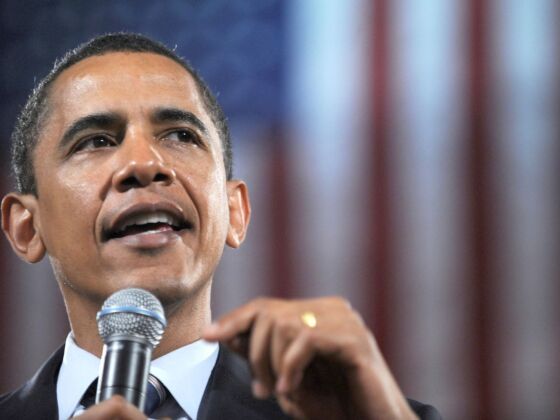Whatever you think of the ongoing violence in Iraq and Afghanistan, or the possibility of increased sanctions on Iran, at least President Barack Obama got the Health Care Reform Bill passed.
Short of immediately going out and getting ill, how best to celebrate this so-called landmark victory? Easy: visit the Organizing for America website.
